Around the Hill: Should high school athletes be able to turn pro?
Conor Oliver, Maroon-News Staff
LeBron James, Kobe Bryant and Lionel Messi, all superstars in their respective sports, also share the distinction of not attending college. In all sports, but especially in the sport of basketball, there exists the question of when a player can turn professional. Young athletes coming out of high school are sometimes tempted by the big leagues, foregoing a college career for the promise of a paycheck and the chance to devote more time to their sport.
Players could gain an advantage by beginning their professional careers early. First of all, they get paid. Additionally, a young player’s skills could benefit, especially when playing next to other professionals. Without restrictions on how much they can practice, they are able to focus on their athletic career.
On the other side of the argument, a high school student is hardly mature enough to enter into a competitive league such as the NBA. At 18, rookie players would be thrown for a loop, suddenly thrust into a professional career. College allows for maturation and adjustment towards higher levels of competition. Probably of utmost importance, however, is the uncertainty that goes along with going straight from high school to the pros. At that young age, success is up in the air. Without a college education, a failed career could be catastrophic. By going to college, valuable experience is gained, along with a more secure future. Therefore, players should be required to go to college before becoming professionals.
David Minster, Maroon-News Staff
High school athletes should not be allowed to skip college to go professional. While there are a handful of high school athletes with the skills to thrive in a professional environment, the negatives of foregoing college outweigh the positives. Many advocates of skipping college to go pro say that doing so would lower the athlete’s risk of injury. Playing in college for a few years has derailed the promising careers of many athletes. Whether it be Kevin Ware’s gruesome leg fracture or Willis McGahee taking a helmet to the knee, injuries in college sports are common and could ruin the promising careers of young stars. However, by going to college, these athletes earn a higher level of education that could come in handy should they either get injured or bust. In addition, transitioning from high school sports is far too large of a jump for athletes. Participating in college sports is the perfect stepping stone for athletes trying to go pro.
Ultimately, going from high school to the pros is an inadvisable decision because college has so much to offer.
Meagan Klebanoff, Maroon-News Staff
In hockey, golf, tennis, baseball or soccer, an athlete can go pro at 18 or younger. In basketball and football, however, this is not the case. The NBA requires a player to be at least 19 years old to enter the draft, which means that players must spend one year playing college basketball. To enter the NFL draft, a player must have been out of high school for three years.
These requirements are fiercely debated. There are many points to both sides of the argument of whether or not high school athletes in basketball or football should be able to skip college and go straight to the pros. Some argue that high school athletes should be able to go pro for reasons such as time, money and the potential for injury during college.
While I acknowledge the legitimacy of these points, I believe that there are several more compelling reasons as to why the NBA and NFL restrictions are justified. One major issue with young professional athletes is maturity. Most players coming out of high school lack the physical and mental maturity to succeed in the pros, and possibly the work ethic. Many of them would benefit from the intensity of college sports so they can mature both as an athlete and as a person. Most importantly, however, is that not everyone makes it to the pros. Not everyone can be a star, and some players may end up injured. If the only aspect of themselves that they invested in was their athletic ability, then they may lack options for a future after sports. If instead these athletes earn a degree before going pro, they would create a safety net for themselves for the future.


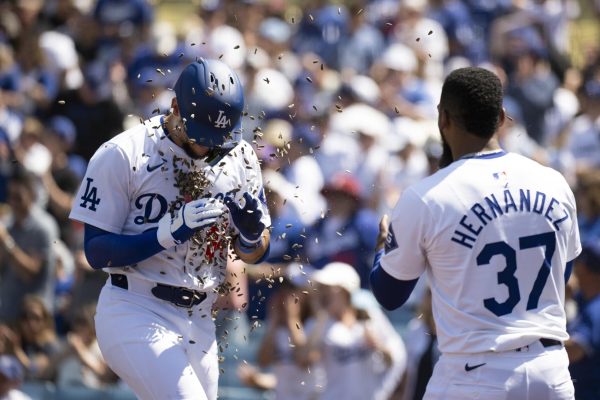
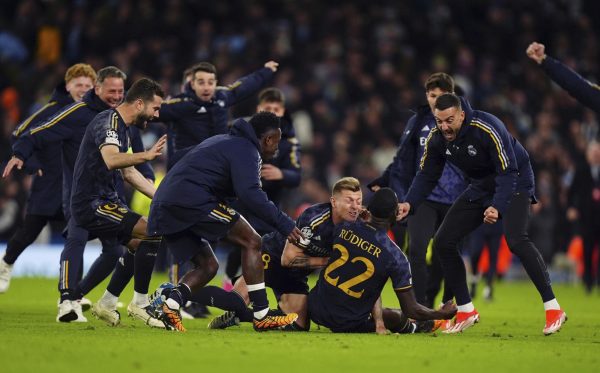


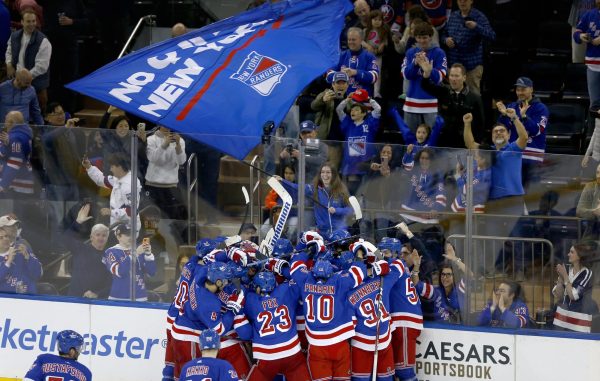
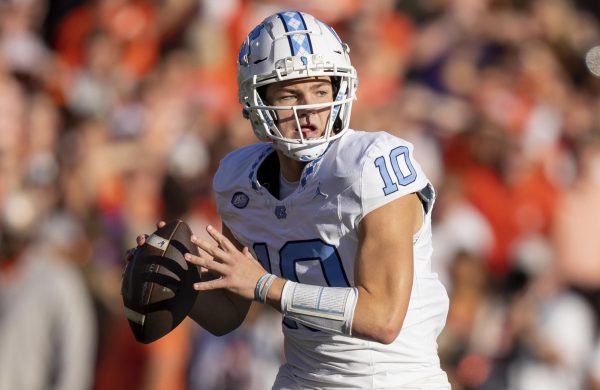
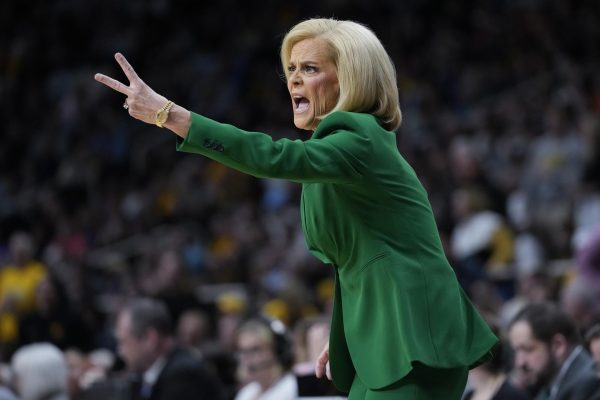
jose • Feb 5, 2024 at 12:45 pm
muy bien amigo
Aban • Apr 3, 2023 at 11:28 am
This is very interesting.
parker • Mar 30, 2023 at 12:38 pm
This is good, nice job
Bobby • Oct 7, 2022 at 2:24 pm
wow. That’s the stuff
landon • Oct 6, 2022 at 4:33 pm
money